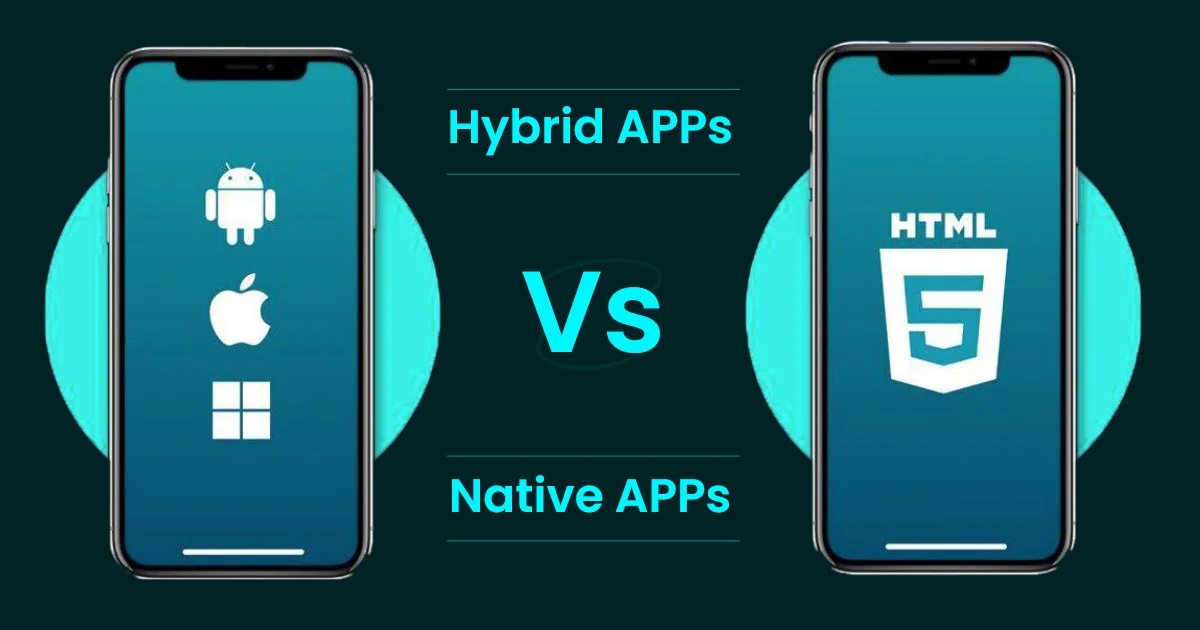Hybrid APPs Vs Native APPs: What is best for your business?
blog » Hybrid APPs Vs Native APPs: What is best for your business?

Revealing the truth behind the misconceptions surrounding the Mobile APP development, we are here with the pros & cons of both Hybrid Apps Vs Native APP; approaches and which one almost always leads to the better customer experience. Let’s start with few questions about your requirements & priorities:
- How soon you need the APP?
- Do you have any in-house developed module of APP?
- What is your budget?
- What features you need?
- How much the speed of APP matter to you?
With the answer to these questions, now, let’s discuss the differences between the Hybrid APPs Vs Native APPs:
What is Native Application?
Native APPs are developed on a particular environment or platform using software development tools (SDK) for a particular framework or operating system. Like Android APPs are built on Java platform using Java Development Kit, iOS APPs are built using iOS SDK, Swift & Objective-C, and windows APPs are built using the .NET platform.
Thus, Native Applications are native to the user’s OS and are built as per those guidelines. They are consistent in look & feel and have good interaction. User is more likely to navigate and use the APP faster.
Advantages of Native APPs:

